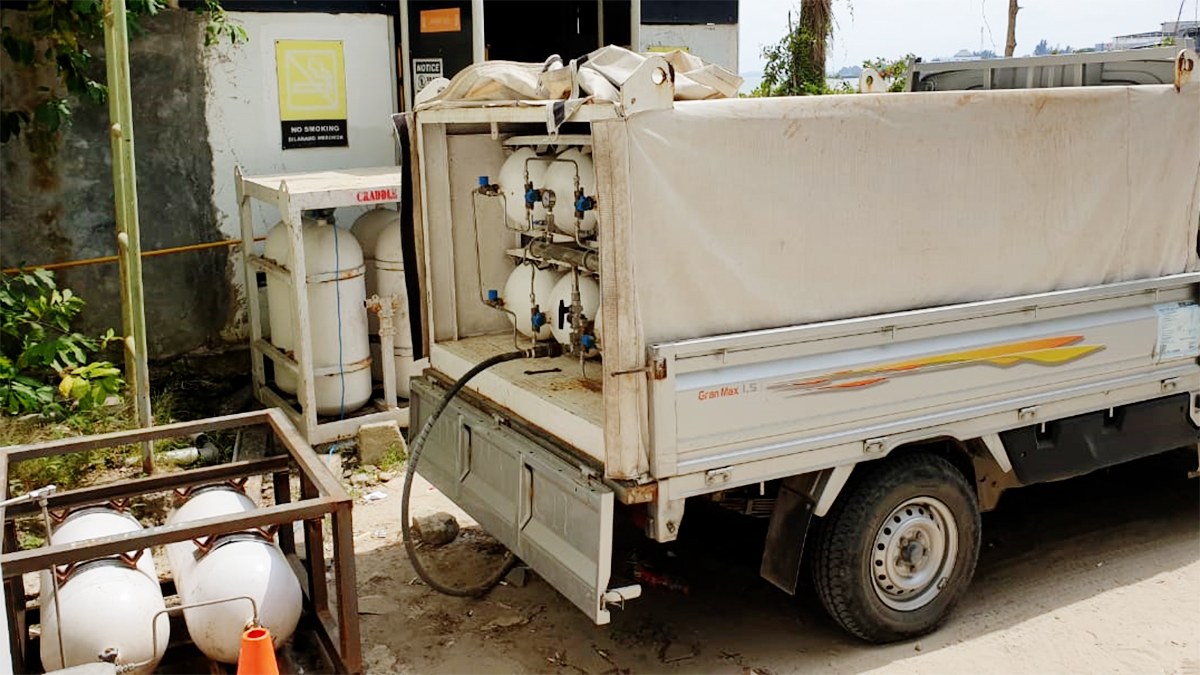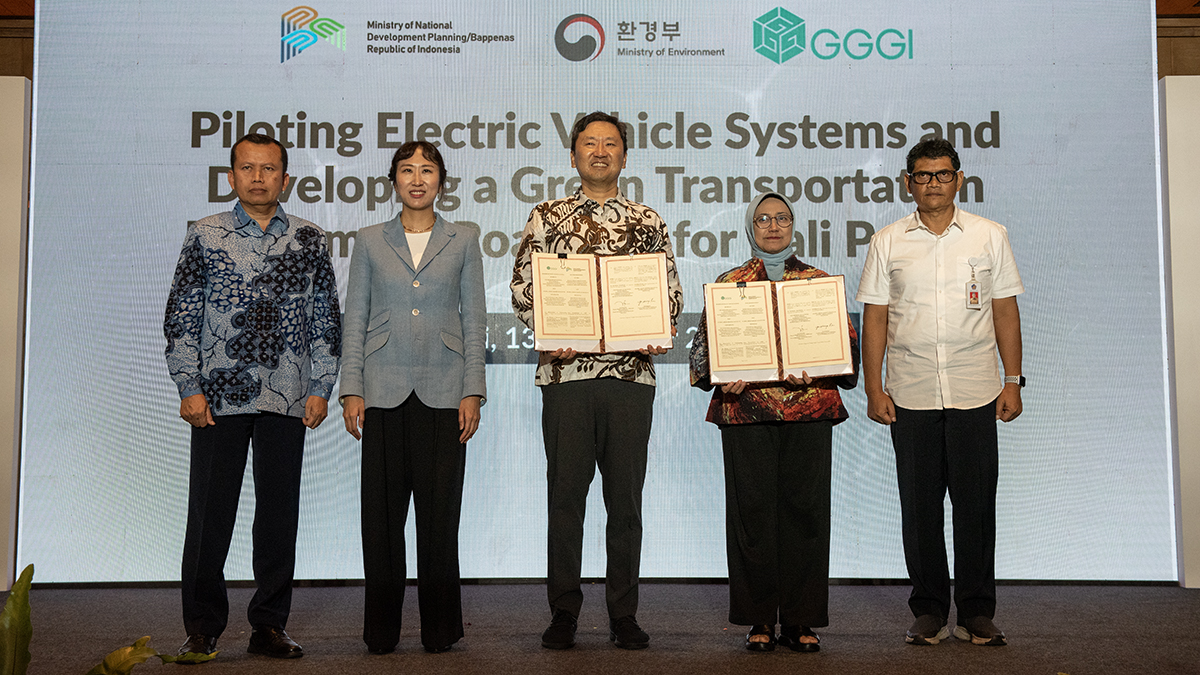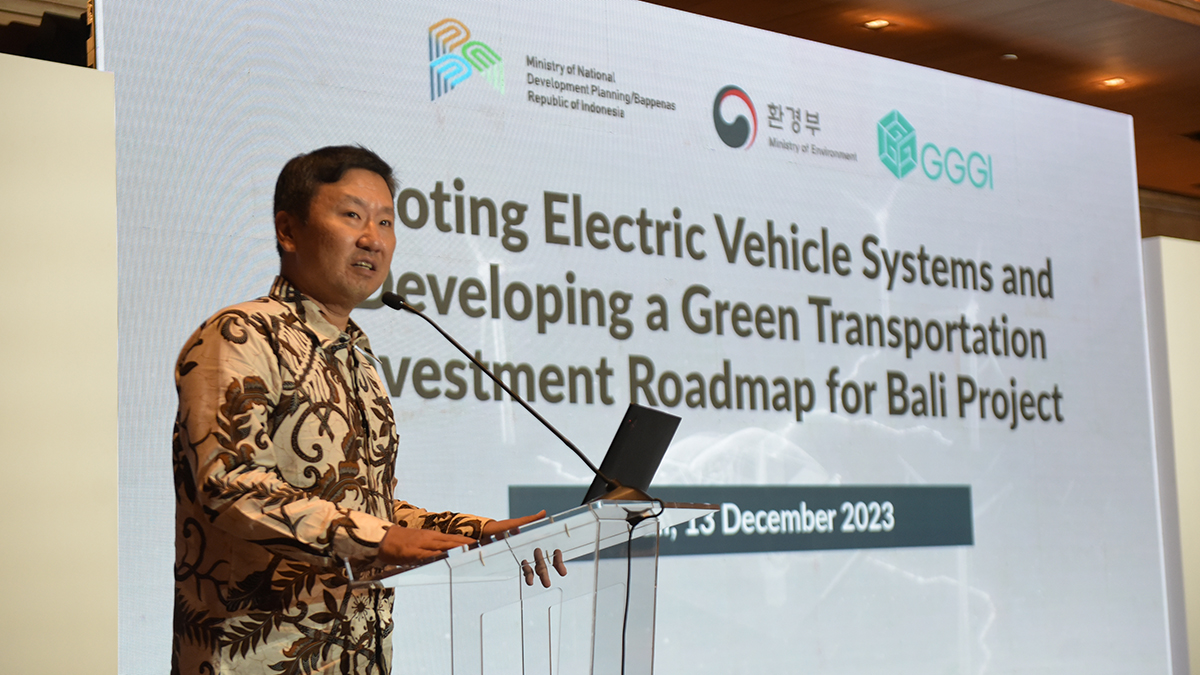Generating Renewable Energy while reducing Environmental Pollution through the GGGI BioCNG Program
GGGI’s Biological Compressed Natural Gas (BioCNG) project will support member and partner countries to develop a vibrant BioCNG market by providing technical assistance to enable a supportive environment, reduce policy and technological barriers and create localized sustainable and viable business models.
The 2-year program (2021-2022) will focus on enhancing the BioCNG market from three waste streams: organic municipal solid waste (MSW), wastewater and agriculture waste. The proposed multi-country intervention on BioCNG will enable inclusive development with indigenous clean energy development with opportunities for learning across three countries: Indonesia, India and Thailand.
In Indonesia, the BioCNG project builds on GGGI’s work on renewable energy in Indonesia, and our close collaboration with the Government of Indonesia (GoI) to date. The project will focus on developing waste from the palm oil sector, livestock manure or agriculture waste and organic MSW as pipelines for BioCNG production. The vast potential of these types of waste for BioCNG generation can be realized by closing gaps in the regulatory framework, by improving raw material quality and by addressing perceived high risk in BioCNG ventures.
BioCNG adoption is expected to have several benefits in the country. It can boost the sustainability profile of the agriculture industry, such as the palm oil sector. It will reduce environmental pollution, landfill use and fuel import expenditure. A key benefit will be the necessary at-source segregation, which will help meet several nationally mandated targets for municipal waste management and the Ministry of National Development Planning/Bappenas’ strategy on Circular Economy.
Download the BioCNG project brochure here.




